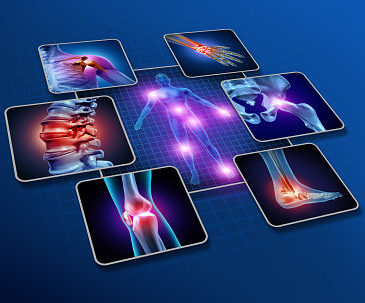What We Treat
NECK AND BACK PAIN
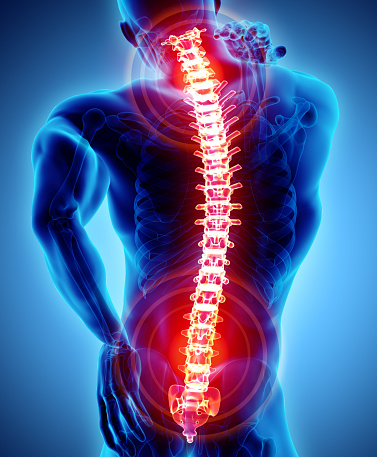
SHOULDER, ELBOW, WRIST, AND HAND PAIN
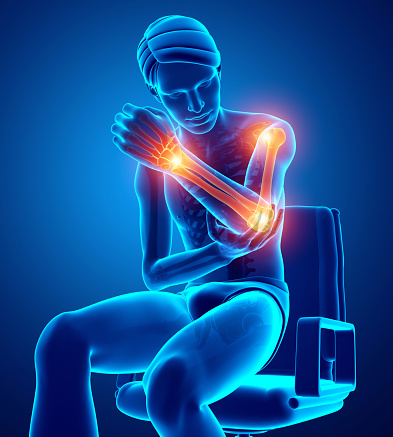
HIP, KNEE, ANKLE, AND FOOT PAIN
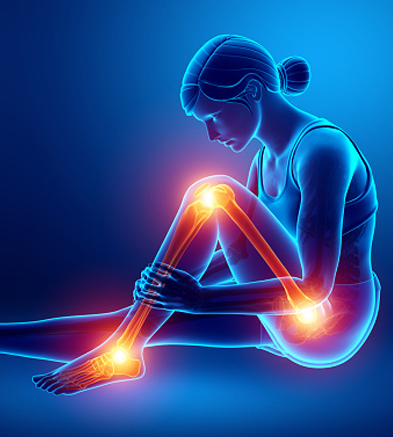
RADIATING PAIN AND HEADACHES
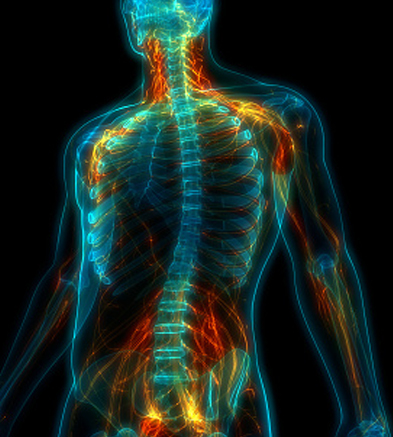
NERVE, MUSCLE, AND JOINT PAIN
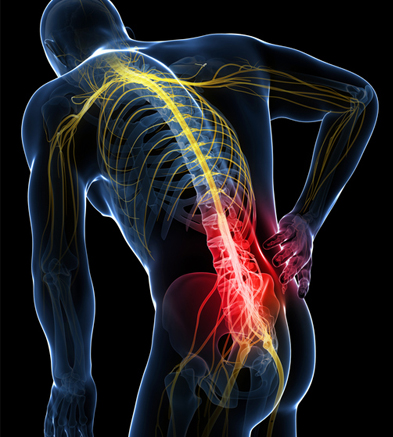
ACUTE AND CHRONIC PAIN
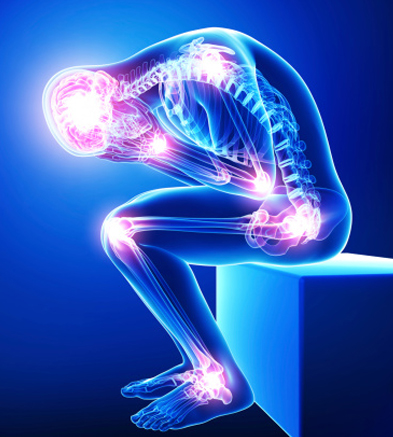
Medical Conditions We Treat
- Musculoskeletal and soft tissue injuries
- Orthopedic injuries
- Neurological injuries or nerve damage
- Pre and post-surgical rehabilitation
- Traumatic injuries
- Sports injuries
- Work accidents and injuries
- Car, truck and motorcycle accidents and injuries
- Bicycle, scooter and skateboard accidents and injuries
- Pedestrian and slip and fall accidents and injuries
Frequently Asked Questions
What is a Physiatrist?
Physical Medicine and Rehabilitation (PM&R) physicians, also known as physiatrists, treat a wide variety of medical conditions affecting the brain, spinal cord, nerves, bones, joints, ligaments, muscles, and tendons.
PM&R physicians are medical doctors who have completed training in the specialty of Physical Medicine and Rehabilitation (PM&R). Specifically, PM&R physicians:
- Treat patients of all ages
- Focus treatment on helping patients attain their optimal function
- Have a broad medical expertise that allows them to treat disabling conditions throughout a person’s lifetime
- Diagnose and treat pain as a result of an injury, illness, or disabling condition
- Determine and lead a treatment/prevention plan
- Lead a team of medical and other related healthcare professionals (such as physical therapists) to optimize patient care
- Work with other physicians, which may include primary care physicians, neurologists, pain management specialists, brain injury specialists, orthopedic surgeons, neurosurgeons, and many others
- Treat the whole person, not just the problem area
When should I see a Physiatrist?
-
You have an acute condition (such as from an injury or accident), or you have a chronic condition that has left you with pain or limited function.
-
You’re contemplating or recovering from surgery.
-
You have a condition, or an injury and you do not want to undergo an invasive procedure, or you or the condition are not a candidate for surgical intervention.
-
You have an illness or treatment for an illness that has diminished your energy or ability to move easily.
-
You’re suffering from the effects of muscular, skeletal, and/or neurological problems.
-
You have chronic pain from arthritis, a repetitive stress injury, or back problems.
-
Excess weight makes it difficult to exercise or has caused health problems.
-
You think you’re too old to exercise.
-
Life changes have created new challenges to your physical function.
Request An Appointment

